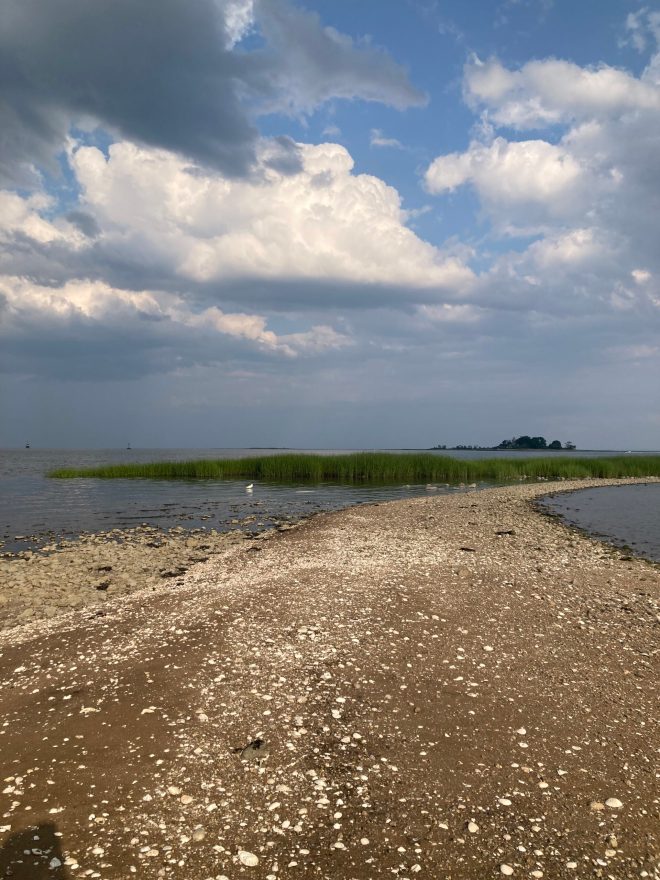In my writing group, we use prompts to inspire our weekly essays. Last week we were each to choose and open a book to a specific page and line to use as our first sentence. I had to go through a number of books before I found a sentence that resonated. Here’s what I landed on:
“As artists, we seek to restore our childlike perception: a more innocent state of wonder and appreciation not tethered to utility or survival.” (From The Creative Act: A Way of Being by Rick Rubin)
The spirit of this sentence reminded me of my early 20s when I studied in Kentucky with a sculptor and profound teacher, Mike Skop. Back then, Mike’s teaching awakened a lot of wonder. I am doing my best to remember and reclaim this way of being in the world.
For almost 30 years I was focused on day-to-day survival with my shoulder to the grindstone. My life was punctuated by traumas including living with my husband’s addiction and finally, suicide. No surprise: ‘wonder’ sometimes eluded me. I lived in a cloud of to-do lists around my job and raising my daughter. While I remained appreciative of the magnificence of life, a sense of ‘wonder’ was often obscured. That has changed this past year.
Recently, on flights to and from Los Angeles where I went to visit my daughter, I kept the window shade up so I could look out. I always thrill at the NYC skyline and as we lift up higher and higher, I love to watch the world through the clouds. Like a little kid, I crane my neck, nose pressed against the window, trying to see more. It’s a marvel, being above the world, watching the landscape of this country change with the hours and miles. The endless wooded stretches of Pennsylvania, and a checkerboard of farmland is Indiana. At some point over Kansas the light was hitting what might have been a string of ponds or small lakes that from my angle in the plane, looked like an abstract painting, splotches in grays and yellows.

When I visited my daughter last year, I passed directly over the Grand Canyon. It was all I could do not to squeal with delight. This trip, while the flight map indicated that we were flying over Flagstaff, I saw only smaller cuts in the earth, not the very grand Grand Canyon. Still, the landscape was magnificent and exotic – buttes and red earth, snowcapped mountain ranges, houses in the middle of nowhere. I remember last year that the hills around Los Angeles were golden and dry. (I was there shortly before the disastrous fires.) This year, thanks to the late autumn rains, these same hills are green.
I kept comparing my view from the window to the video-map in front of me, trying to figure out what towns we were flying over. I imagined what we looked like from the ground. And I thought about the lives below me. Did any of them notice us? Sometimes, I look up from my yard or a parking lot and think about the people on the planes I see overhead. I look around the plane cabin and see that no one else has their shade open. Is nobody interested in looking at this remarkable landscape? Is anyone else marveling at the distance, the space, the phenomena of being so high up here? I understand. While remarkable, the idea of being in this massive piece of metal so far from the earth is also bloody terrifying. Sometimes I scare myself thinking about it and will choose sleep, reading or a movie. But not these last trips across this country. There is. so much darkness when I think about what’s happening – I like to be reminded of the sheer physical beauty of this place.
Safely on earth, on a cold winter morning, I see the waning moon fading in the dawn light. I think of the vast distance between us – the moon and earth – and yet, how close we are. For a few minutes, I think about our planet spinning through space, how incredible the universe is – in spite of us. I feel that wonder. Like a child. Who would have thought this gets easier with age?












